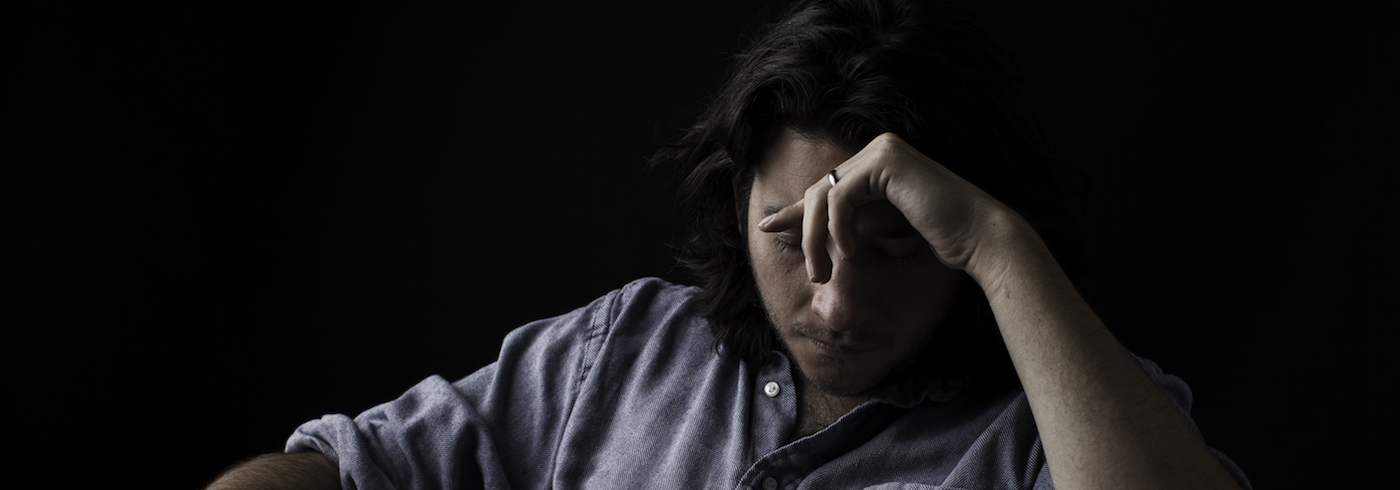Surveys Offer a Snapshot of Life in a Pandemic
How Americans are coping
To minister to people who are hurting amid the COVID-19 pandemic, it helps to know what they are saying and feeling. Recent surveys have shed some light on those questions. Here are some statistics that provide insight into the spiritual, emotional and financial states of Americans in crisis:
Spiritual
By the third week in March, church attendance habits in America were changing, with 59% of U.S. churchgoers saying they had scaled back in-person attendance and 57% opting for online services instead, according to a report from Pew Research Center.
Staying home hasn’t kept people from praying, however. More than half of all Americans (55%) have prayed for an end to the pandemic, the Pew survey found. This includes 73% of those identifying as Christian and 82% of evangelicals.
Surprisingly, 36% of those who describe their religion as “nothing in particular” have prayed about their coronavirus concerns, as have 6% of self-described atheists and agnostics.
More than half of all Americans have prayed for an end to the pandemic.
Emotional
In early April, 81% of U.S. adults said their lives had been disrupted by COVID-19, according to a Gallup poll. About 6 in 10 (59%) expected the disruption to last several more months, and 22% thought it would last the rest of the year or longer.
A majority of respondents said their lives had been disrupted a “great deal” or “fair amount.” Those aged 18 to 44 (86%) and parents of children under 18 (87%) were most likely to say this.
Many parents of children under 18 personally reported feeling stressed (71%) or worried (66%) throughout much of the previous day. About a quarter said their kids seemed very stressed or worried.
Financial
Low-income Americans were more likely than others to struggle with negative emotions, according to a late-March Gallup poll. Those with incomes under $36,000 expressed the highest levels of worry (64%, compared to 55% of those with incomes from $37,000 to $89,000, and 60% of those with incomes over $90,000); sadness (45% versus 31% and 28%, respectively); anger (28% versus 24% and 23%); and loneliness (41% versus 23% and 18%).
About half of Americans (48%) expect an economic recession, and 17% say the nation is headed for a depression, according to Pew Research Center.
Influence Magazine & The Healthy Church Network
© 2025 Assemblies of God

